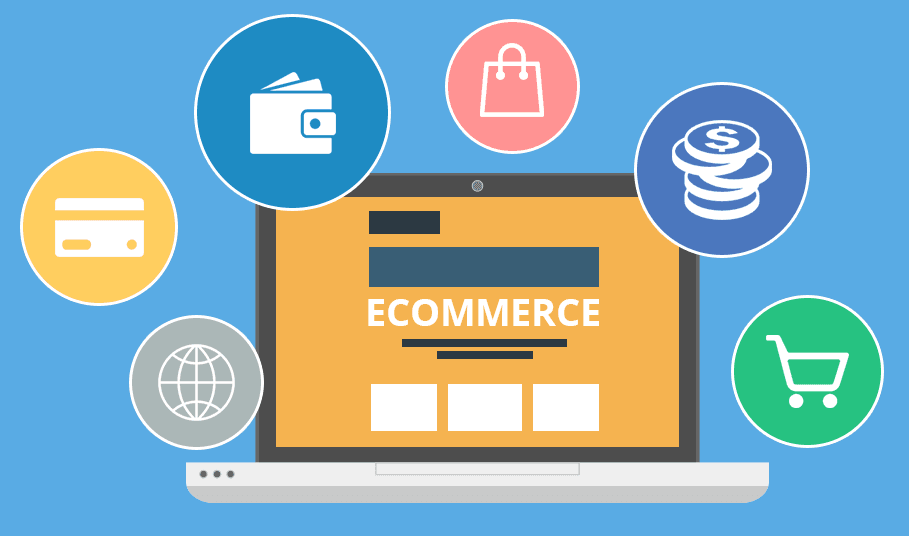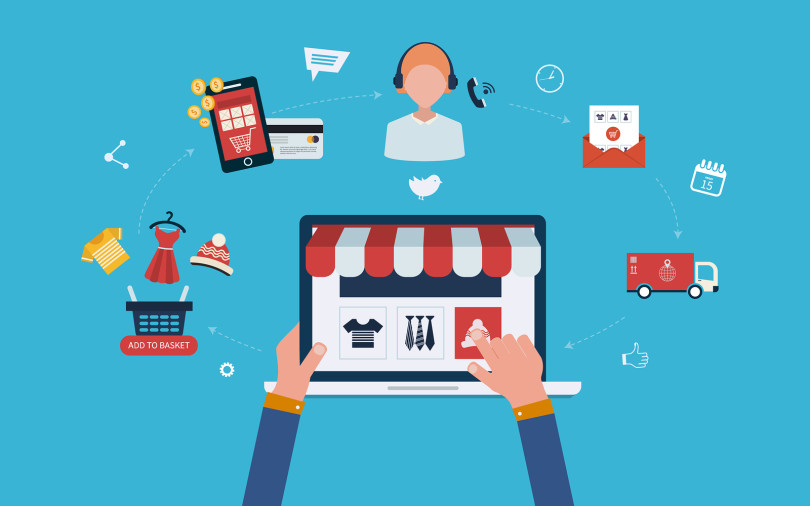The digital transition has not excluded B2B e-commerce. Customers increasingly anticipate making many B2B transactions online, and companies that can’t support e-commerce are beginning to fall behind their rivals. Your firm will grow, your exposure and brand recognition will increase, you’ll enhance customer experiences, and you’ll close more sales as a result of learning about B2B e-commerce.
What Exactly is B2B eCommerce?
E-commerce has been established since the early 1990s, despite being often connected with online shops for both consumers and corporations. E-commerce, to put it simply, is the practice of doing business through an electronic network. Both mail-order sales and service providers that could take credit card payments online were early examples of e-commerce.
These days, customers have an unprecedented level of access to online shopping because of the availability of e-commerce on a variety of platforms, including desktop computers, laptops, smartphones, and tablets.
B2B eCommerce Business Types
The many forms of B2B ecommerce agency include:

B2B2B
“Business to business to business” is the abbreviation for the eCommerce model that includes more participants in the B2B chain. The manufacturer and the retailer are the two parties engaged in the typical B2B business. A B2B2B model, on the other hand, includes additional middlemen like distributors, sub-distributors, wholesalers, etc.
Wholesale
Companies often acquire products in bulk from manufacturers or wholesalers at a reduced cost with the intention of reselling them at retail prices. The selling of products to other companies is another way to define this kind of B2B, known as wholesale.
Manufacturer
Producers create a lot of goods, which they then sell to distributors, suppliers, or other producers in bulk. For instance, a producer may make unique shoelaces.
After the sale of those shoelaces, a maker of high-end shoes assembles the shoes and adds their logo. Completed shoes may then be sold in quantity to wholesalers.
Distributor
A distributor serves as a type of “middleman,” buying a lot of products from producers and distributing them to B2B clients. For instance, a distributor could purchase automotive components in quantity before selling them to a producer of motor vehicles. This is a business-to-business transaction since the components are used by the car maker.
B2B2C
“Business to business to consumer” is the abbreviation for the eCommerce model that unites B2B and B2C companies. In this scenario, the B2B company may contact customers directly or via B2B partnerships to market straight to them.
What’s the Process of B2B eCommerce?
An online commercial transaction between two firms is referred to as B2B e-commerce. A B2B website is visited by a buyer from one firm that is looking for goods or services. To gain feedback or assistance in making a choice, the buyer may consult with other parties. While requesting information or negotiating rates, the buying agent may phone or employ a chatbot. When a deal is reached, the buyer will make an online purchase, which the seller will then receive and process.

B2B eCommerce’s Advantages
Online product sales are a great method to reach a larger audience and increase your revenue. You can sell more effectively than ever using e-commerce tools and services. Here are a few advantages:
The ability for your consumers to see product details, such as photographs, smart filters, descriptions, price, and promotions—all essential elements in fostering confidence between buyer and seller—is perhaps the most critical benefit of self-service portal purchases.
At all levels of business, B2B eCommerce offers prospects for increased resilience and efficiency. With big data at their disposal, companies can choose the goods that will serve them best and have a better grasp of what their consumers are doing at all times, increasing both their success and decreasing their vulnerability. It is now possible to automate repetitive processes that were previously completed manually to do them more quickly than ever before while reducing errors and blunders.
Bottom Line
There is no doubting the growth of B2B e-commerce; 32% of American B2B professionals believe it to be the most effective sales channel, as compared to 23% who prefer in-person techniques. And given how swiftly B2C companies are already moving across the digital arena, it’s probable that the B2B sector won’t be far behind.
You’ll be happy to learn that there is no lack of e-commerce platforms and capabilities available for the B2B community, whether you’re trying to start a B2B company or want to move your present firm online. The advantages of e-commerce greatly exceed the initial investment, even if moving digital may be beyond your company’s comfort zone.





